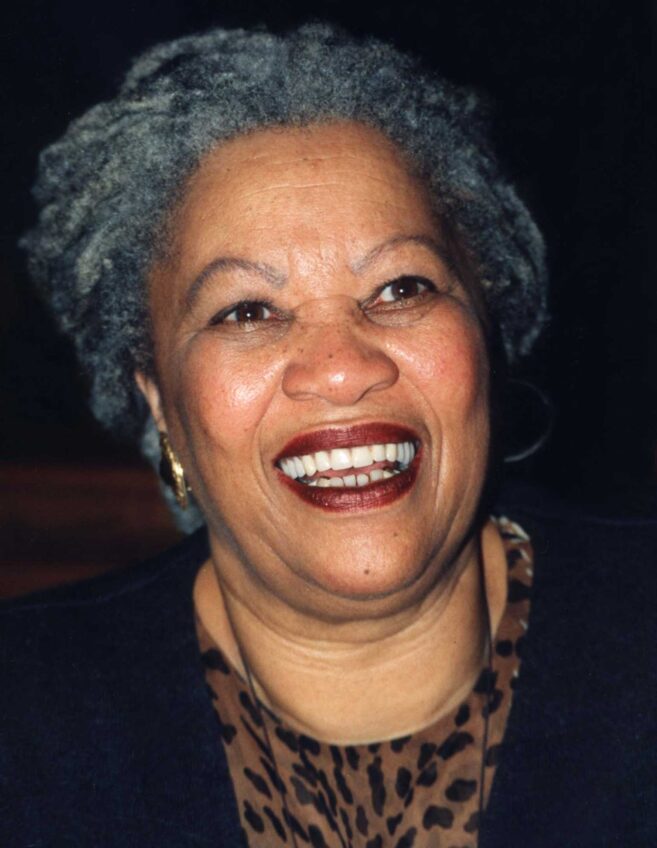On a hot day in May, a woman took her own life in a hotel room in Taunton. She was one of an estimated 500 Haitian migrants receiving emergency shelter in that hotel. We cannot say for certain what prompted her to take her life — perhaps it was the culmination of the trauma she endured during her migration journey through South and Central America, or perhaps it was the unexpected challenges she experienced upon her arrival to Boston. What remains certain, however, is the support she expected to receive in the U.S. proved inadequate. Her death is part of a growing and preventable trend facing migrants staying in shelters.
As a doctoral student in anthropology at Cornell University, I have been conducting research in Boston on the maternal health of Black migrants. All the health care providers and Haitian community members I have spoken to reiterate the same point: We are in the middle of a crisis facing Haitian migrants and enough is not being done by federal, state and city policymakers.
Importantly, they emphasized the differential treatment Haitian migrants receive compared to other migrant groups because of race. The inadequate social support given many Haitian migrants — even after being placed in emergency shelter — has both worsened health outcomes, particularly among pregnant women, and stifled access to food, long-term housing, education and medical care.
Throughout the summer, I joined health care providers and community members at vigils and rallies outside of the Massachusetts State House to raise awareness of the severity of the crisis.
While the recent state of emergency declared by Governor Maura Healey is much welcomed, it comes far too late, given policymakers’ knowledge about the situation for months. Nor does it go far enough in responding to the present moment.
Since as early as April 2022, Haitian migrants have been arriving in Boston in large numbers, fleeing political and economic turmoil in Haiti. Word had spread among Haitian migrants that Boston Medical Center would offer them housing — support the city and state could not provide — and for several months this was true. Hospital staff I spoke with said they provided migrants with cots and blankets to sleep in the lobby and empty rooms. On any given night, upwards of 130 people slept in the emergency room.
As the number of incoming migrants increased, that policy changed. On July 11, 2023, Boston Medical Center announced it would no longer allow migrants to sleep overnight unless they are seeking medical care. Now, hospital staff are required to provide unhoused migrants with one-way ride-share vouchers to alternative shelter. Often, this is Terminal A at Logan Airport. In the same way hospitals are not shelters, surely, neither are airports.
Recently, a task force of Haitian community leaders has assembled following a call-to-action by the Association of Haitian Women in Boston. Their goal is to provide newly arrived Haitian migrants with social services and medical care. They are trying to fill in the gaps left by policymakers in a crisis that only seems to be worsening. One task force member compared the situation to the devastating hurricane that hit New Orleans: “This is our Katrina. Where is FEMA?”
State legislators have led the charge in making Massachusetts the first and only right-to-shelter state in the country. But more action is needed, and the task force’s demands offer policymakers a blueprint for how to do this.
The task force first demands the release of data on the number of newly-arrived migrants to shed light on the scale of the crisis and assess what supports are still needed. Second, they demand the creation of clearer migrant intake protocols at Boston’s migrant welcome centers to facilitate access to critical social services. Third, they demand the assessment and oversight of shelters and hotels housing migrants to respond to the food insecurity and extreme isolation many face because the hotels are often located far from social services, the broader Boston Haitian community and relatives detained at the border. Lastly, they demand policymakers bolster partnerships with Haitian civic and religious organizations, as many nonprofits the city has under contract lack the language and cultural competency to serve Haitian migrants.
The recent suicides of migrants in Boston and New York City shelters demonstrate that housing — while a critical and basic need — cannot be the only support they receive. The longer policymakers delay, the longer they will continue the systematic erasure of Haitian migrants.
Karina Edouard is a doctoral student in anthropology at Cornell University.






